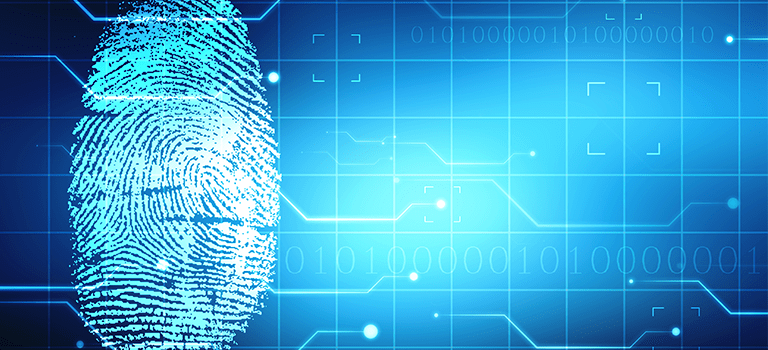Forensic voice analysis, a branch of forensic linguistics, plays a crucial role in legal proceedings by utilizing advanced technologies to analyze and interpret the acoustic features of human speech. This sophisticated field aims to provide objective and scientific assessments of voice recordings, contributing valuable evidence in criminal investigations and courtrooms. One of the primary applications of forensic voice analysis is speaker identification, where experts examine speech patterns, pitch, tone, and other distinctive characteristics to determine the likelihood of a match between a suspect’s voice and an audio recording. This process involves the use of specialized software and statistical algorithms, allowing forensic experts to objectively evaluate the similarities and differences between known and questioned voice samples. Forensic voice analysis also extends its reach to speaker profiling, attempting to uncover information about an individual’s background, such as age, gender, and emotional state, based on their voice.

This information can be pivotal in building a comprehensive profile of a suspect or victim, aiding investigators in understanding the context surrounding a crime. Moreover, the analysis of voice stress, known as forensic phonetics, has gained prominence in legal contexts. Changes in vocal patterns under stress or deception can be identified through the examination of speech features, contributing valuable insights into the veracity of statements made during investigations or courtroom testimonies. Despite its potential, forensic voice analysis has faced scrutiny and challenges in the legal arena. Critics argue that the reliability and validity of such analyses can be influenced by various factors, including the conditions under which the recording was made, the presence of background noise, and the speaker’s physiological or psychological state. Courts must carefully consider the limitations and uncertainties associated with forensic voice analysis, recognizing that it should be one piece of a larger body of evidence rather than a conclusive determinant.
In recent years, advancements in technology, particularly in the realm of machine learning and artificial intelligence, have enhanced the capabilities of forensic voice analysis. Automated systems can now process vast amounts of audio data, identifying subtle patterns and nuances that may elude human perception. While these technological advances offer promise, they also raise ethical considerations regarding privacy, data security, and the potential for biased algorithms Visit Website. In conclusion, forensic voice analysis serves as a powerful tool in legal proceedings, contributing valuable insights into speaker identification, profiling, and stress analysis. As technology continues to evolve, it is essential for legal professionals, forensic experts, and policymakers to collaborate in establishing clear standards and guidelines for the ethical and responsible use of forensic voice analysis in the pursuit of justice. Balancing the benefits of this technology with a critical awareness of its limitations ensures a fair and accurate application within the legal system.
